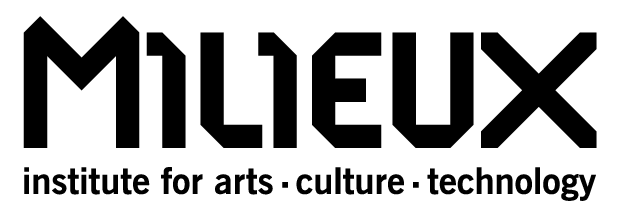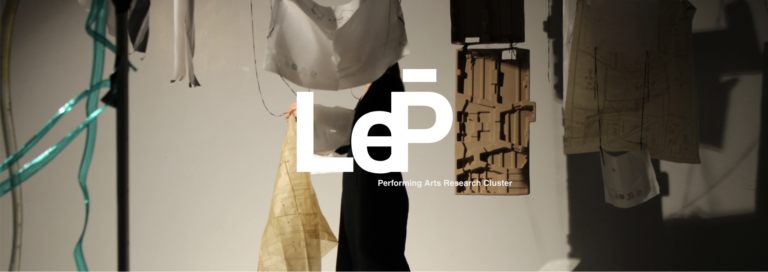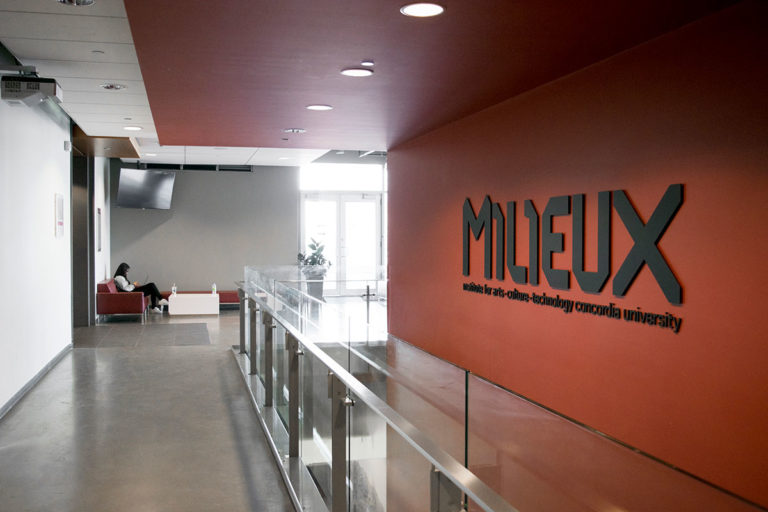Milieux is proud to announce the activity of 10 postdoctoral fellows, working across its eight research clusters in numerous cross-cluster initiatives. This is the largest number of postdoctoral fellows hosted in one year in the institute’s history—a number that speaks to the potency of Milieux’s interdisciplinary research and the international reach of its associated faculty.
Exemplary of the diversity of form and topic that sustains the institute, each fellow has demonstrated research leadership that cuts across disciplinary boundaries and opens up new perspectives on our world’s challenging problems. Each member of the cohort challenges the barrier between theory and practice, and explores the real-world effects of critical questioning and knowledge-production. We are thrilled to welcome them to the research life at the Institute.
Milieux will provide more avenues to connect and engage with the work of the postdoctoral fellows in the coming months. To learn more about their work, read an interview with Marcelina Piotrowski and Johannes Bruder, and check out the full list of fellows below.
Meet the 2020-2021 Postdoctoral Fellows
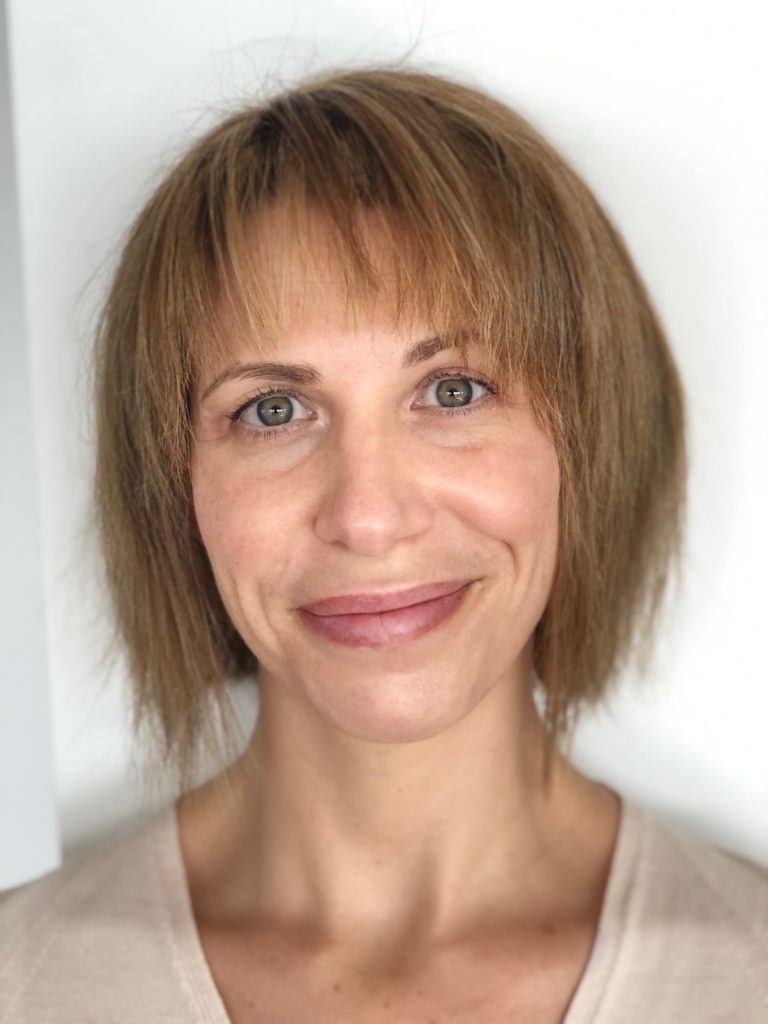
Stéphanie Bertrand
Dr. Stéphanie Bertrand is a Canadian art curator, writer and Marie Curie Postdoctoral Fellow based in Thessaloniki, Greece. Over the past decade, she has organized exhibitions and participated in artistic and research projects in North and South America, and in Europe. She holds a PhD from the School of Architecture at Aristotle University, Thessaloniki and an MFA Curating from Goldsmiths College, London. She has been awarded a number of distinctions, including the Concordia University Department of Fine Arts Development Award (2000), the Commonwealth Scholarship (2006-08) and the Onassis Foreigner’s Fellowship (2015-16). In addition, she is the recipient of the Hannah Arendt Prize in Critical Theory & Creative Research (2013), discerned by a panel of judges including Judith Butler, Julia Kristeva, Claire Bishop and Martha Rosler. She is currently completing a two-year Marie Sklodowska-Curie Individual Global Postdoctoral Fellowship on the subject of virtual museums of contemporary art at Milieux Institute for Arts, Culture & Technology at Concordia University, Montreal, and ICS-FORTH: the Institute of Computer Science at the Foundation for Research and Technology – Hellas, Heraklion (2021-23). Her forthcoming book Contemporary Curating, Artistic Reference and Public Reception: Reconsidering Inclusion, Transparency and Mediation in Exhibition Making Practice will be published by Routledge (2021).
*
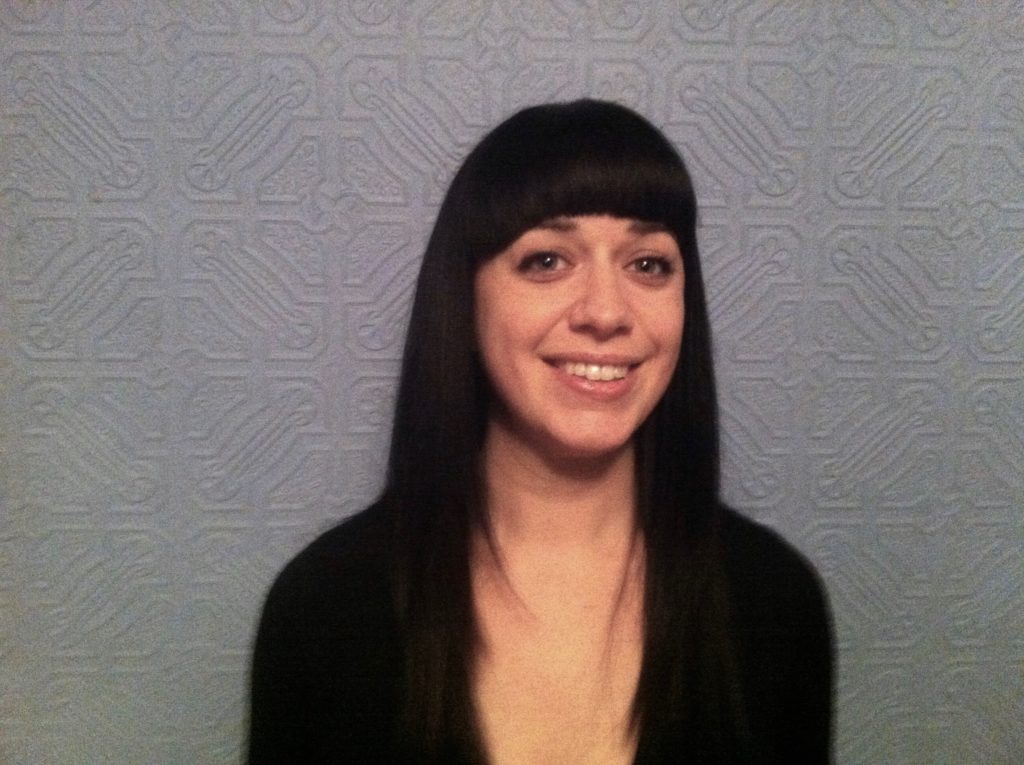
Reilley Bishop-Stall
Reilley Bishop-Stall is a Horizon Postdoctoral fellow with the Inuit Futures in Arts Leadership, as part of the The Pilimmaksarniq/Pijariuqsarniq Project, led by Dr. Heather Igloliorte. She received her PhD in Art History from McGill University and was awarded the 2018 Arts Insights Dissertation Award for the university’s top dissertation in the Humanities for her thesis, “Unsettling the Archive: Intervention and Parody in Contemporary Indigenous Photography.” Reilley has held a SSHRC CGS doctoral award and a Max Stern McCord Museum fellowship, and her work has been published in local and international peer-reviewed journals, including Photography & Culture and The Journal of Art Theory and Practice.
Reilley’s postdoctoral research examines contextual absences and inconsistencies in Canada’s photographic history and archives, in order to decenter dominant voices, diversify established narratives and assert a need for greater settler accountability in the production and retelling of Canadian history. Revisiting a handful of significant events in Canadian-Indigenous history that have become intrinsically linked to particular images, this research is centred on putting iconic or familiar photographs in communication with lesser-known images produced in the same historical period. Linked to this research, Reilley is currently teaching a course on Indigenous and settler photography in Canada. She recently published an article in Art Journal open, on archival intervention and residential school propaganda, and has contributed chapters to the upcoming books, “Teachings: Routledge Companion of Indigenous Art Histories in Canada and the United States”, and “The Women, They Hold the Ground: Indigenous Women’s Digital Media in North America”, both due to be published in 2021.
*
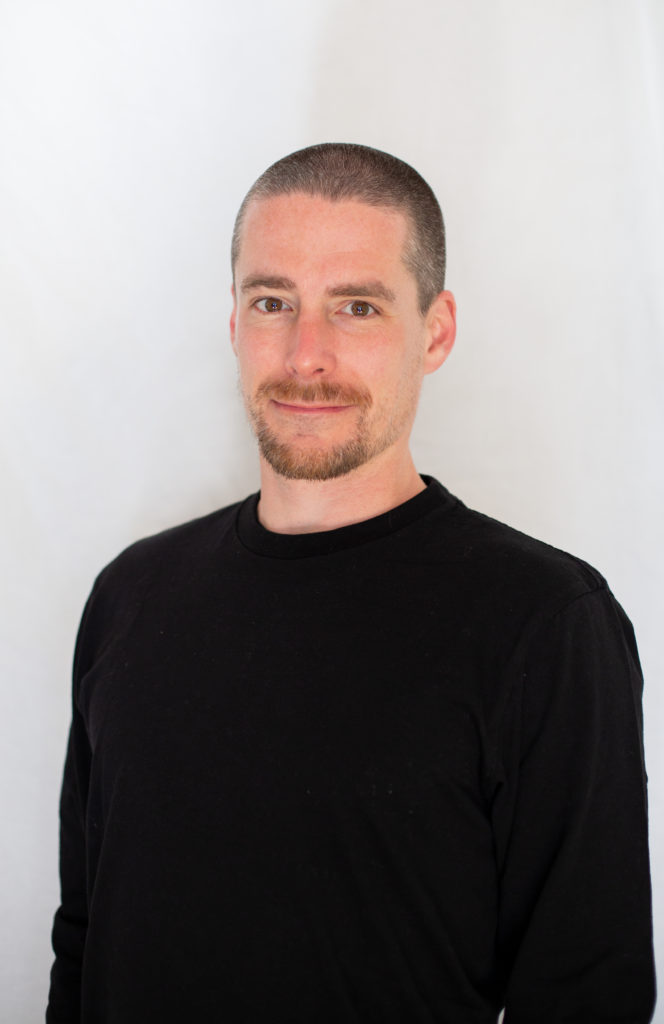
Johannes Bruder
Johannes studies the history and present of decision-making systems, and how these encode psychological categories, sociological models, artistic practices and speculative designs. His first book “Cognitive Code. Post-Anthropocentric Intelligence and the Infrastructural Brain (MQUP, 2019)” is based on fieldwork in neuroscience laboratories and provides deep insights into the bio-politics of contemporary machine learning. Johannes has a strong interest in experimenting with research methods, knowledge practices, alternative pedagogies and publication formats that unsettle disciplinary paradigms and render research in the humanities operational in real-world contexts.
His current project engages with machine learning systems and other experimental computational technologies—ranging from multi-purpose prototypes for general artificial intelligence to very specific tools and expert systems employed in finance, ecology, and social science research—as artefacts of contemporary governmentalities. Via scientific papers, blog posts, githubs, and patents, he zooms in on algorithmic techniques to understand the very large through seemingly negligible and very small.
*
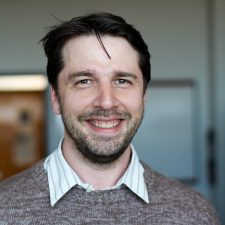
Guillaume Dandurand
Guillaume Dandurand is a postdoctoral fellow with the ORA-funded Shaping AI and SSHRC-funded Media Governance after AI research projects. Guillaume holds a PhD in social anthropology. His research interests include welfare digitization, techno-politics, material cultures, the discursive construction of artificial intelligence and the various ways it shapes human lives. In 2019, he was awarded the Dissertation Prize by the Faculty of Graduate Studies at York University for his doctoral work. His writing has appeared in Political and Legal Anthropology Review and Engaging Science, Technology, and Society. Guillaume is also a co-editor of Les Économies de la Promesse (forthcoming 2021, Presses de l’Université de Montréal).
*
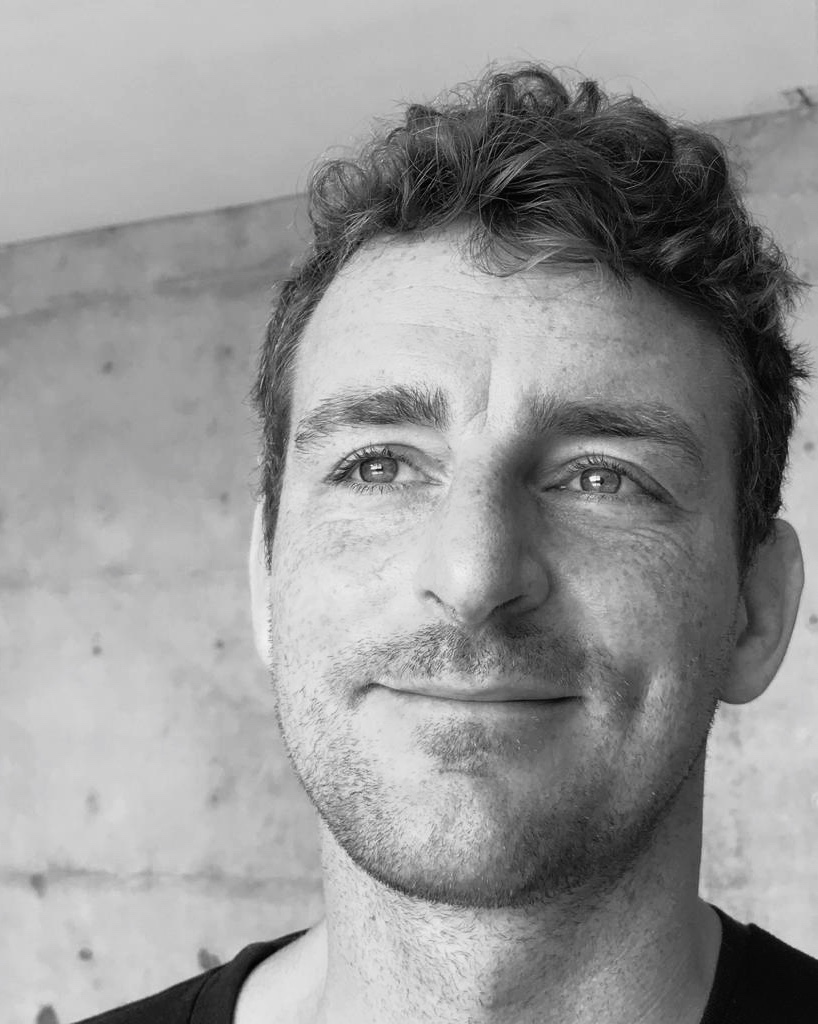
Jan Dutkiewicz
Jan Dutkiewicz studies the intersection between political economy and ethics, with a primary focus on both conventional meat and the emerging world of alternative proteins and cellular agriculture. His in-progress book project examines how the American meat industry engages with the critique of its impacts on animals, labor, and the environment. His more recent research, funded by a Sinergia grant from the Swiss National Science Foundation, examines the political tensions and opportunities created by the development of plant- and cell-based alternatives to conventional animal-derived foods. Jan has published in a wide range of peer-reviewed journals and his writing about the politics of food and the environment has appeared in publications including The Guardian, WIRED, The New Republic, The Washington Post, and the Wall Street Journal. Jan was previously the Connie Caplan Post-Doctoral Fellow in the Department of Political Science at Johns Hopkins University and has been a Visiting Fellow at Wesleyan University, the University of California-Santa Barbara, and the Martin School at Oxford University.
*
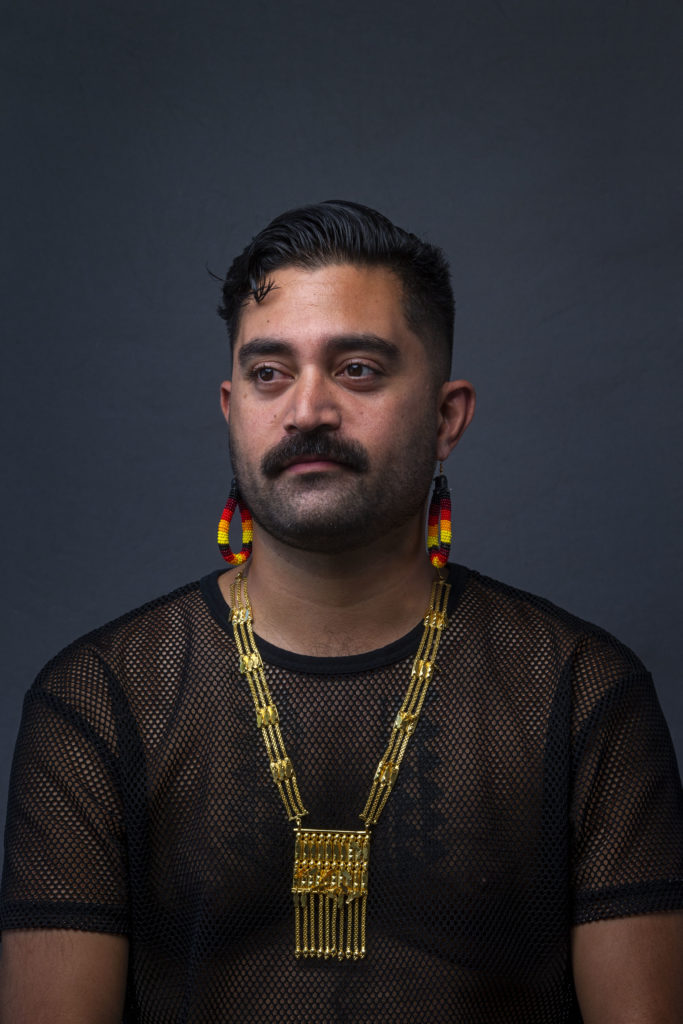
Léuli Eshrāghi
Dr Léuli Eshrāghi (Sāmoan, Persian, Cantonese), visual artist, writer, curator and researcher, works between Australia and Canada. Ia intervenes in display territories to centre Indigenous kin constellations, sensual and spoken languages, and ceremonial-political practices. Through performance, moving image, writing and installation, Ia engages with Indigenous futurities as haunted by ongoing militourist and missionary violences that once erased faʻafafine-faʻatane people from kinship and knowledge structures.
Ia has curated projects including “Sāmoan Hxstories”, “Screens and Intimacies” at A Space Gallery, Toronto, and imagineNATIVE, “Écrans autochtones: temporalité et mouvement” with Mylène Guay also within imagineNATIVE, ʻO le ūa na fua mai Manuʻa at UNSW Galleries, Sydney, Ua numi le fau at Gertrude Contemporary, Melbourne, and in a trilogy co-curated with Tarah Hogue, Lana Lopesi, Sarah Biscarra Dilley and Freja Carmichael, Transits and Returns at the Vancouver Art Gallery, Layover at Artspace Aotearoa, Auckland, and The Commute at the Institute of Modern Art, Brisbane.
Eshrāghi has made new commissions for the 22nd Biennale of Sydney, Sharjah Biennial 14, Australian Centre for Contemporary Art and Smithsonian Asian Pacific American Center among other group and solo presentations in Australia, Canada, New Zealand and the United States. Eshrāghi has lectured at gatherings Creative Time, Hawaiʻi Contemporary Art Summit, Experimenter Curators’ Hub, March Meeting, Dhaka Art Summit, Pacific Arts Association, and Asia Pacific Triennial, as well as at universities in Antwerp, San Juan, Melbourne, Yogyakarta, Montreal, Honolulu, Auckland and Victoria. Ia contributes to growing international critical practice across the Great Ocean and North America through residencies, exhibitions, publications, teaching and rights advocacy.
*
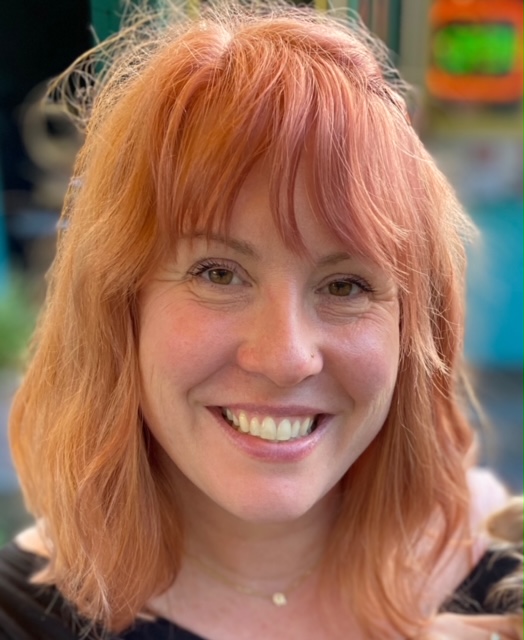
Julia Henderson
Dr. Julia Henderson is a SSHRC-funded postdoctoral researcher in Concordia’s Communications Department supervised by Dr. Kim Sawchuk, and has been part of Concordia’s Ageing+Communications+Technologies Project. Henderson’s research works to re-imagine dementia tragedy narratives and the concept of ‘assistance’ by employing community-engaged, collaborative performance creation approaches involving persons with dementia and their caregivers. In order to do this work, Henderson is a core member of the Vancouver Foundation-funded project “Raising the Curtain on the Lived Experience of Dementia” (PI Dr. Colleen Reid, Douglas College). This project incorporates digital media as well as live theatrical performance for the purpose of creatively developing novel dramaturgies of assistance that support all participants including those with memory loss (Henderson 2018). Henderson’s research on dramaturgy and its relationship to representations of aging and older age offers insights to theatre practitioners on how dramatic structure, design, staging, performance style, and marketing might influence understandings of age. Henderson’s work has been published in The Journal of American Drama and Theatre, Theatre Research in Canada, Canadian Theatre Review, Research in Drama Education: The Journal of Applied Theatre and Performance, Age, Culture, Humanities: An Interdisciplinary Journal, Geriatrics and the Thornton Wilder Journal. It is upcoming in Canadian Theatre Review, Special Issue – (pause): A Pandemic Time Capsule, and in Tick Tock: How Old is Too Old to Become a Parent? edited by Bauer-Maglin and Breitbart (Dottir Press).
*
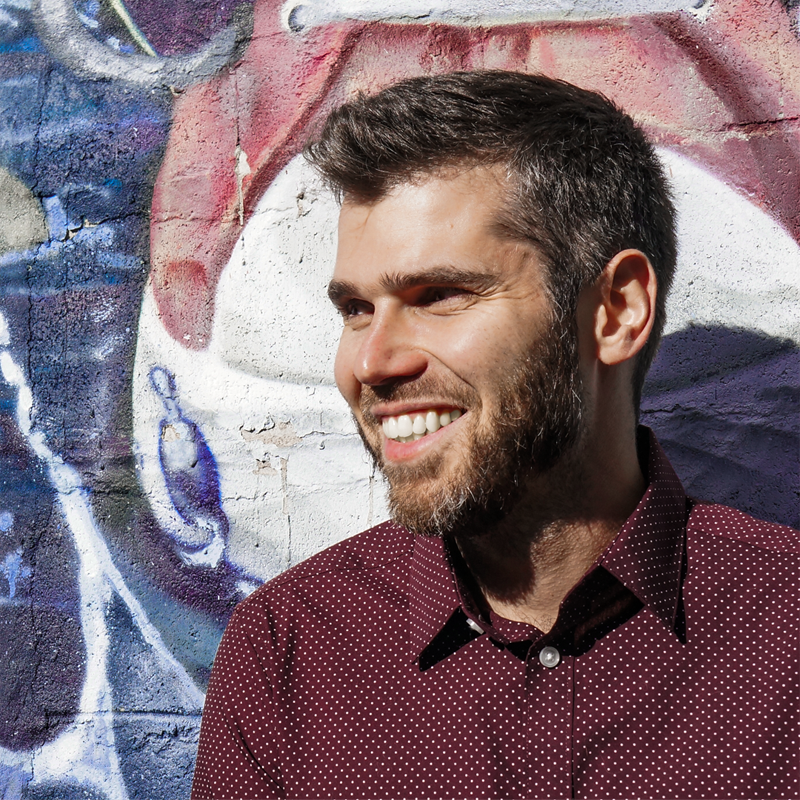
Hugo Montembeault
Hugo Montemblaut’s project, “Bug Hunter”, is a game design research-creation project devoted to the study of glitches as labor. By documenting the production and reception of an experimental glitch-based first-person platformer, this project maps the creative forces animated by glitches conceptualized as an unavoidable design phenomenon and emergent gameplay features. The focal point of this inquiry is the conversation and productive exchange between the art of making games and the resisting yet generative materiality of the glitch. In terms of player experience, the game itself asks a political question. It wants to determine in which capacity glitches do (or do not) have the power to raise critical consciousness about 1) game design as rhetorical strategy instrumentalizing and commodifying the glitch and 2) glitching as a rhetorical tactic that can be both destructively exploitative and creatively emancipatory. Inspecting the dialectical relationship between work and play through the glitch prism forges a unique vantage point to examine how glitches can operate within the confines of game design and gameplay to drive these two domains toward radical aesthetics, experimentations, and critics. From that perspective, glitches can be analyzed as vectors of politicization holding the potential to sculpt diverse political sensibilities existing in between the neoliberal opportunist and the anarchist tinkerer. Demystifying how game design, games, and glitches partake in this ideological shaping process is on top of Bug Hunter’s agenda.
*
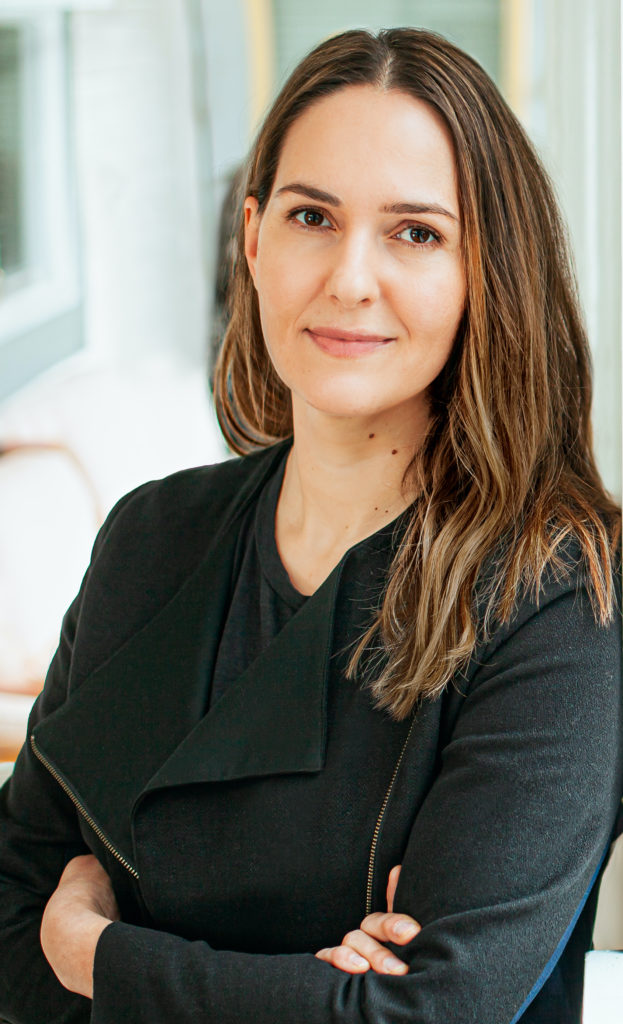
Marcelina Piotrowski
Marcelina Piotrowski is an interdisciplinary scholar working across media theory, environmental media, and adult education, with a focus on knowledge projects that aim at producing subjects in activism contexts. She completed her PhD in Cross-Faculty Inquiry in Education at the University of British Columbia, and did her Masters in Communication and Culture at York and Ryerson Universities. Her research focuses on environmental media, bio/political subjectivity, sensor technology, and posthumanism in knowledge projects aimed at education in ecological change. Her current SSHRC-funded project examines sensing in environmental media, especially ecological sensor technologies, chaos, and how conditions of planetary life are increasingly sensed through wearable informatics at the level of the personal and biological. It focuses on the extent that sensor data morph the idea of a ‘thinking subject’ while attempting to proliferate and democratize data for public environmental education. Her work is often informed by process philosophy, especially the work of Gilles Deleuze and Henri Bergson, continental philosophy, and research creation through concept work. Her work has been published in Canadian Journal of Communication, M/C: A Journal of Media and Culture; Critical Studies in Education, the Journal of Curriculum and Pedagogy, Continuum: Journal of Media and Culture, and Environmental Education Research.
*
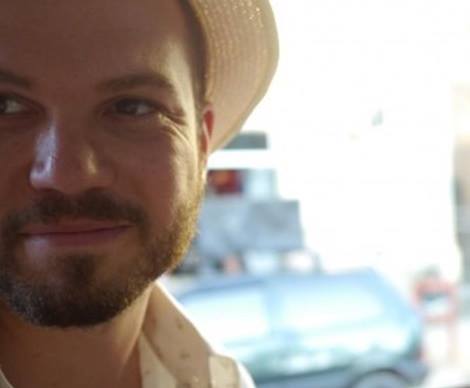
Jorge Lopes Ramos
Over the past fifteen years, Jorge’s practice-as-research outputs have taken the form of performances and productions, digital work, public installations and exhibitions in venues, conferences and festivals including TaPRA (Cardiff and Sheffield), IFTR Munich, London2012, Southbank Centre (Hayward Gallery), FACT Liverpool, LIFT Festival, The Lowry, Latitude Festival, Summerhall Edinburgh, Festival de La Imagen (Manizales), Festival du Nouveau Cinema (Montréal), University of Campinas (São Paulo), WorldCup 2014 Official Cultural Programme, Federal University of Rio de Janeiro, Concordia University (Montréal), amongst others. Jorge co-founded Research Group CLEI in 2020 (Co-Creating Liveness in Embodied Immersion), and is currently joint Programme Leader for MA Contemporary Performance at University of Greenwich.
His most significant production to date was Hotel Medea (2006-2012), which was recognised as a pioneer in the field of immersive theatre in books by leading researchers. Beyond academia, Hotel Medea reached over 7,200 audiences and secured international awards, ‘critics choice’ titles and five reviews in various publications (METRO, Time Out, Sunday Times, Scotsman), influencing a wide range of researchers and theatre makers internationally.
As co-founder and Executive Director of ZU-UK, he has also worked with Artistic Director Persis Jadé Maravala to create #RioFoneHack (2012), Binaural Dinner Date (2016), and Pick Me Up & Hold Me Tight (2018), as well as creation and delivery of the DRIFT International Residency (2006), Body Brain Bingo for UCL/Wellcome Trust (2017-18), Garota Hacker for British Council’s DICE Programme and Battersea Arts Centre’s Co-Creating Change (2019), and DATUM R&D (2020-21) funded by Innovate UK.
*
